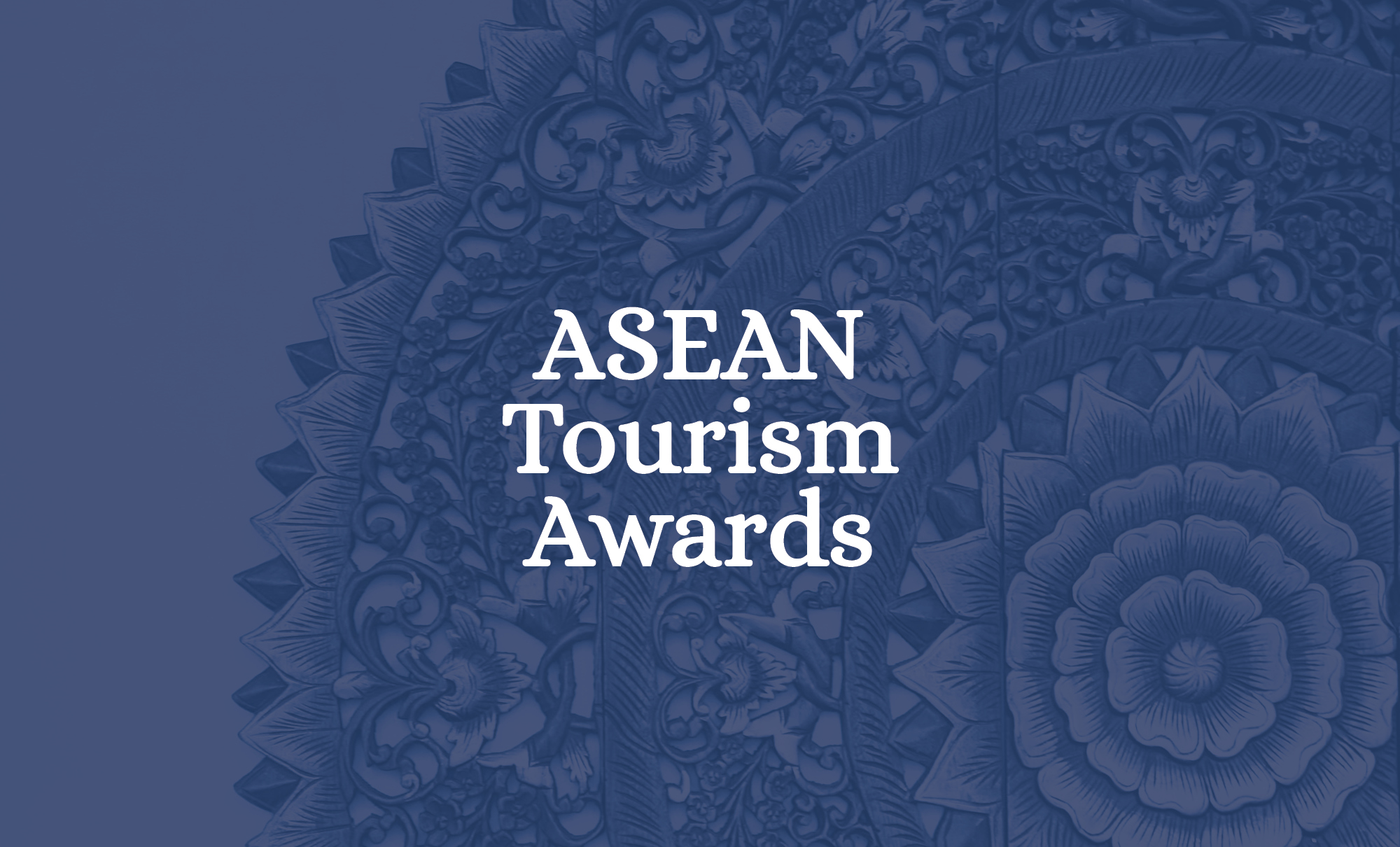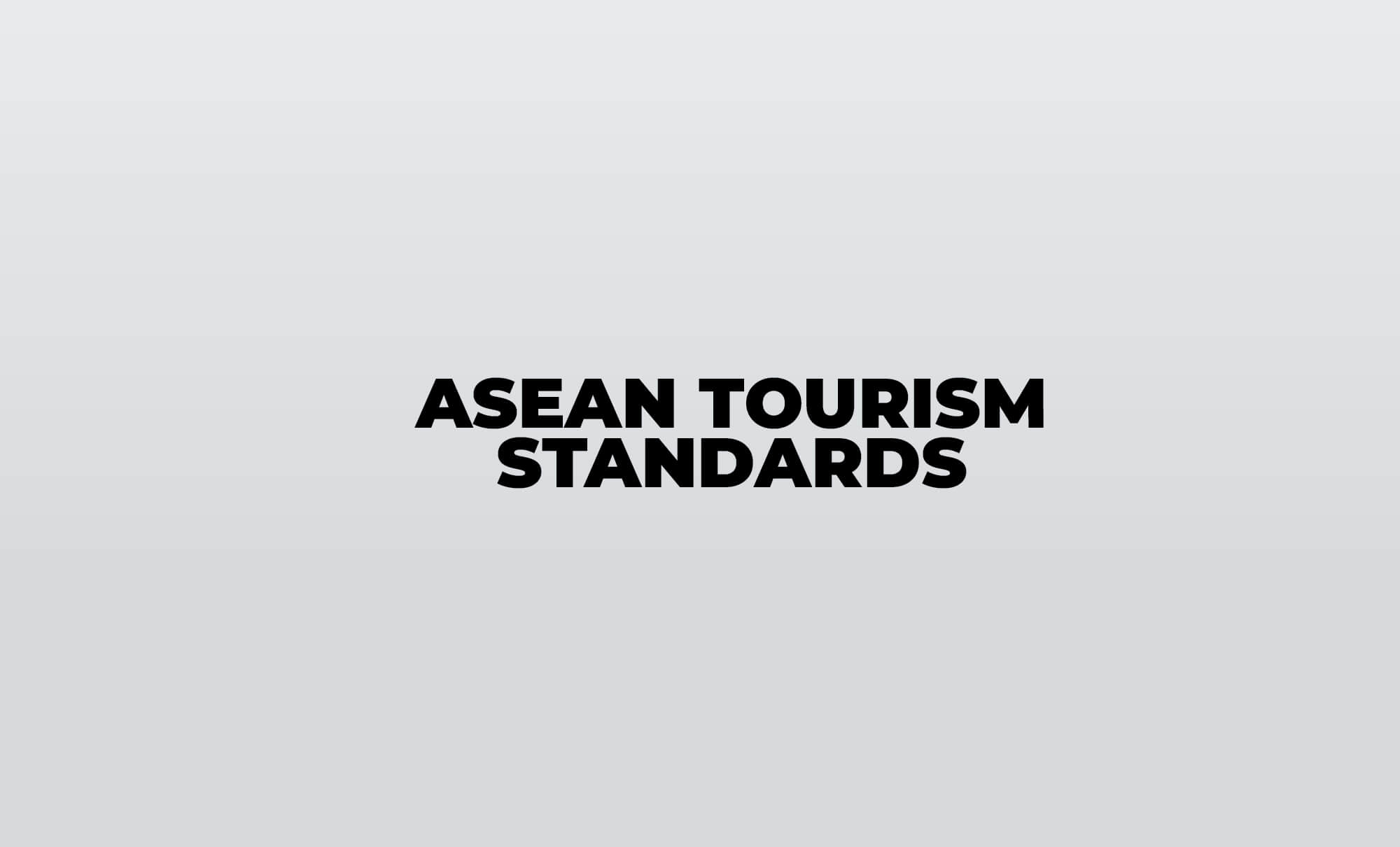



The ASEAN Socio Cultural Community (ASCC) Blueprint 2016-2025 is a statement of commitment of and a guideline for ASEAN in building a community that engages and benefits ASEAN’s peoples, one that is inclusive, sustainable, resilient, and dynamic. As the year 2020 is a pivotal year that marked the halfway of the Blueprint implementation, ASCC Monitoring Division (AMD), through the support of the Japan-ASEAN Integration Fund (JAIF), conducted the Mid-Term Review (MTR) of the implementation of ASCC Blueprint 2025 and a series of capacity building activities on the development of monitoring and evaluation system of the ASCC Sectoral Bodies work programmes in the ASEAN Member States. Both projects generated lessons learned for ASCC to keep the Blueprint relevant for the Member States and the people of ASEAN.
Balancing comprehensiveness and agility
From a planning perspective, the first and fundamental lesson learned from conducting the mid-term review processes is achieving a balance between comprehensiveness and agility. The Blueprint, by design, is a comprehensive planning effort that covers five characteristics/objectives, 18 key result areas, and 109 strategic measures. It is intended to be achieved by implementing 977 activities at regional and national levels by 15 sectoral bodies under the ASCC during the 10-year timespan. However, while its comprehensiveness is promising, it is also challenging for several reasons, such as resources, coordination, and institutional capacity.
The COVID-19 pandemic has demonstrated the need for the ASCC to be agile to respond to the challenges of the health crisis. Organisations that can absorb and adapt to major crises can be considered resilient. However, over the past 20 months, financial and human resources in most ASEAN Member States had to be refocused towards fighting the pandemic, which meant reduced or delayed allocation of resources to other projects. Constrained physical movement and gathering were also felt on most project implementation and coordination.
The positive news is that the latest update of the ASCC Blueprint Monitoring— conducted a year after the mid-term review report—shows that the ASCC has withstood the agility test by adapting strategies and methods in delivering their activities. For example, activities introduced by the 2021-2025 work plans during the second half of the Blueprint were characterised by keywords such as “online,” “web-based,” “digital platform,” and “technology”.
Protecting vulnerable groups is a pertinent example of a multi-sectoral effort to understand and counteract the impact of the COVID-19 pandemic. The ASEAN Senior Labour Officials Meeting (SLOM) will carry out activities to address the health risk of migrant workers, including those affected by emerging infectious diseases. Within the gender context, the work plan of the ASEAN Committee on Women (ACW) investigated the quality of data and evidence to measure the impact of the pandemic on women and girls. These findings were then published in the ASEAN Gender Outlook, launched in March 2021. Other activities aim to transform policies that are ready for the post-pandemic era. The ASEAN Plus Three Cooperation on Civil Service Matters (ACCSM+3) is geared towards improving the leadership skills of civil servants so they can better respond to future uncertainties. The Senior Official Meeting of Social Welfare and Development (SOMSWD) is incorporating activities to strengthen and promote a more resilient and inclusive society during and after the COVID-19 pandemic.
These work plans have also been aligned with the ASEAN Comprehensive Recovery Framework (ACRF). Twelve of fifteen sectoral bodies are involved in no less than 73 of 185 initiatives under the ACRF across all five broad strategies, namely enhancing health systems, strengthening human security, maximizing the potential of the intra-ASEAN market and broader economic integration, accelerating inclusive digital transformation, and advancing toward a more sustainable and resilient future. The agility demonstrated across these developments promises that ASEAN can remain on its course to deliver people-oriented and people-centred initiatives despite challenging times.
Ensuring adequate Monitoring and Evaluation capacity
The second lesson emerged from a series of capacity building activities on monitoring and evaluation. Before undertaking capacity building, stocktaking and needs assessments were conducted to figure out the level of capacity of sectoral bodies in developing their monitoring and evaluation framework, analysing progress indicators (outputs and outcomes), and developing evidence-based reports based on the said analysis. Based on the needs assessments, as well as interactions during the capacity building activities, it was found that there is a general lack of understanding, knowledge, and practical experience in monitoring and evaluation. It was further revealed that staff turnover and limited financial investment or resources for monitoring and evaluation are key reasons for the deficit.
It will be a daunting task to ensure the Blueprint’s effective implementation if the sectoral bodies’ monitoring and evaluation capacity remains lacking. To tackle this problem, the ASEAN Secretariat organised a series of online training on monitoring and evaluation with the support of JAIF. Over 320 participants from 15 ASCC Sectoral Bodies and the Senior Official committee of the ASCC (SOCA) across the ASEAN Member States participated in these training events. Post-evaluation surveys and tests revealed that the online training had successfully increased the knowledge score of participants from 44.3 per cent (pre-test) to 68 per cent (post-test).
Based on the demand from participants, the online training was even followed up by online technical assistance for selected sectoral bodies from six Member States. During the sessions, monitoring and evaluation and data analysis experts from the ASCC Monitoring Division reviewed sectoral bodies’ work plans and assisted them with specific data analysis. It is hoped that participants of the online training and technical assistance will apply their acquired skills and knowledge in their daily post-training work and transfer their practical skills in developing monitoring and evaluation frameworks to their colleagues. The feedback from the ASEAN Member States has been encouraging. Positive comments include “the training is very useful for all sectoral bodies under the ASEAN Member States” and “it is a very effective programme for all of us.”
Pressing on with data availability
Finally, the third lesson is the importance of data availability to measure the progress of implementation. While data completeness is satisfactory for the Blueprint’s execution, the mid-term review faced challenges in measuring the overall progress of implementation, mainly due to insufficient data points of several key performance indicators or KPIs, as stipulated in the Blueprint’s Result Framework.
On measuring the progress of 32 KPIs (45 in total including sub-KPIs), 19 lack sufficient data points against the 2016 baseline rendering these unmeasurable. Of 26 KPIs with sufficient data points, 21 have clear evidence of progress. The data availability problem is pervasive to such extent that even during the online technical assistance, data for main outcome indicators were often not available and, hence, replaced by proxy indicators.
Based on this situation, the mid-term review recommended that, towards the end term of the ASCC Blueprint 2025, a monitoring and evaluation system must be regularly maintained with special efforts to further improve the ASEAN socio-cultural data management system at national and regional levels.
There are several initiatives to further improve on the collection and measurement of the socio-cultural indicators that will enable Member States to perform more comprehensive and regular monitoring and evaluation of the ASCC Blueprint 2025 (and beyond) and its implementation progress. An ASEAN Socio-Cultural Community Database for Monitoring and Evaluation System (ADME) has been conceptualized. In addition, a web-based data management framework has been drafted for consultation with sectoral divisions and sectoral bodies of ASEAN Member States and presented at a regional workshop held on 6 October 2021. The workshop participants agreed on the importance and urgency to overcome the data availability problem through the proposed ADME framework. It is imperative to improve access to data and avoid the roadblocks encountered during the mid-term review to guarantee a successful and comprehensive evaluation of the overall achievement of the Blueprint 2025 in its End Term Review.
Notwithstanding the progress we have achieved so far, the ASCC will need to continue looking at ways and means to improve further the effectiveness in implementing sectoral activities and the ASEAN Leaders’ commitment and Declarations in relation to the ASCC Blueprint. A more robust monitoring and evaluation system will be important to facilitate corrective actions and decisions. Therefore, it must be integrated into the design of ASCC strategies, plans, programmes, and projects to advance the realisation of the ASCC Blueprint 2025.








